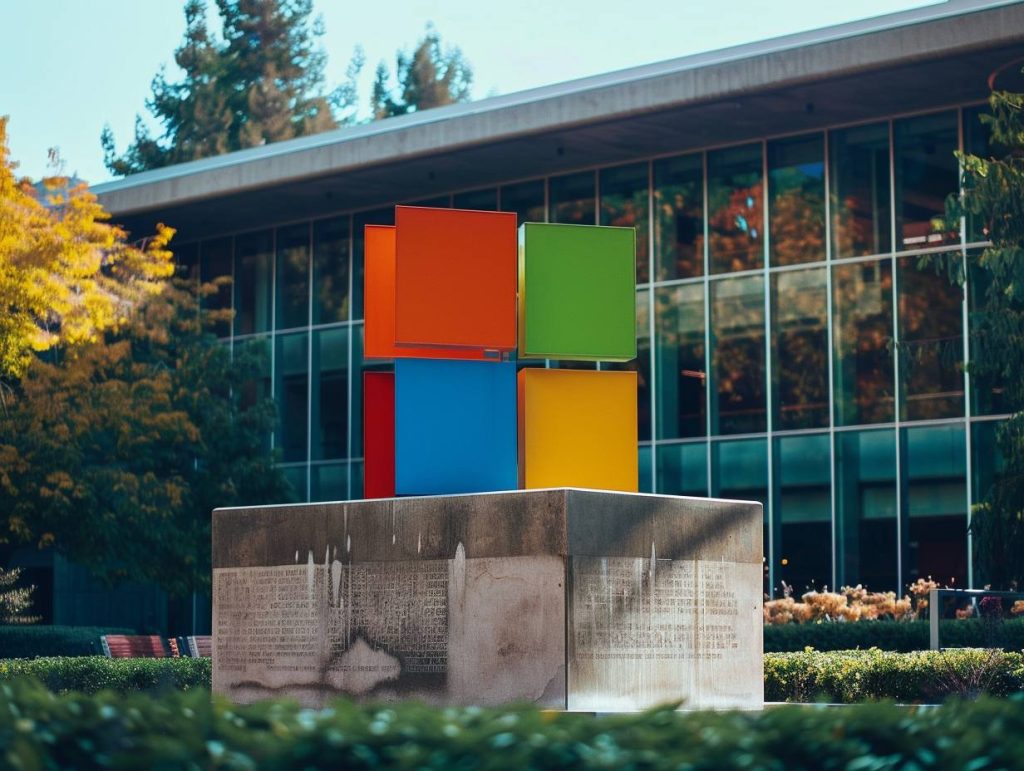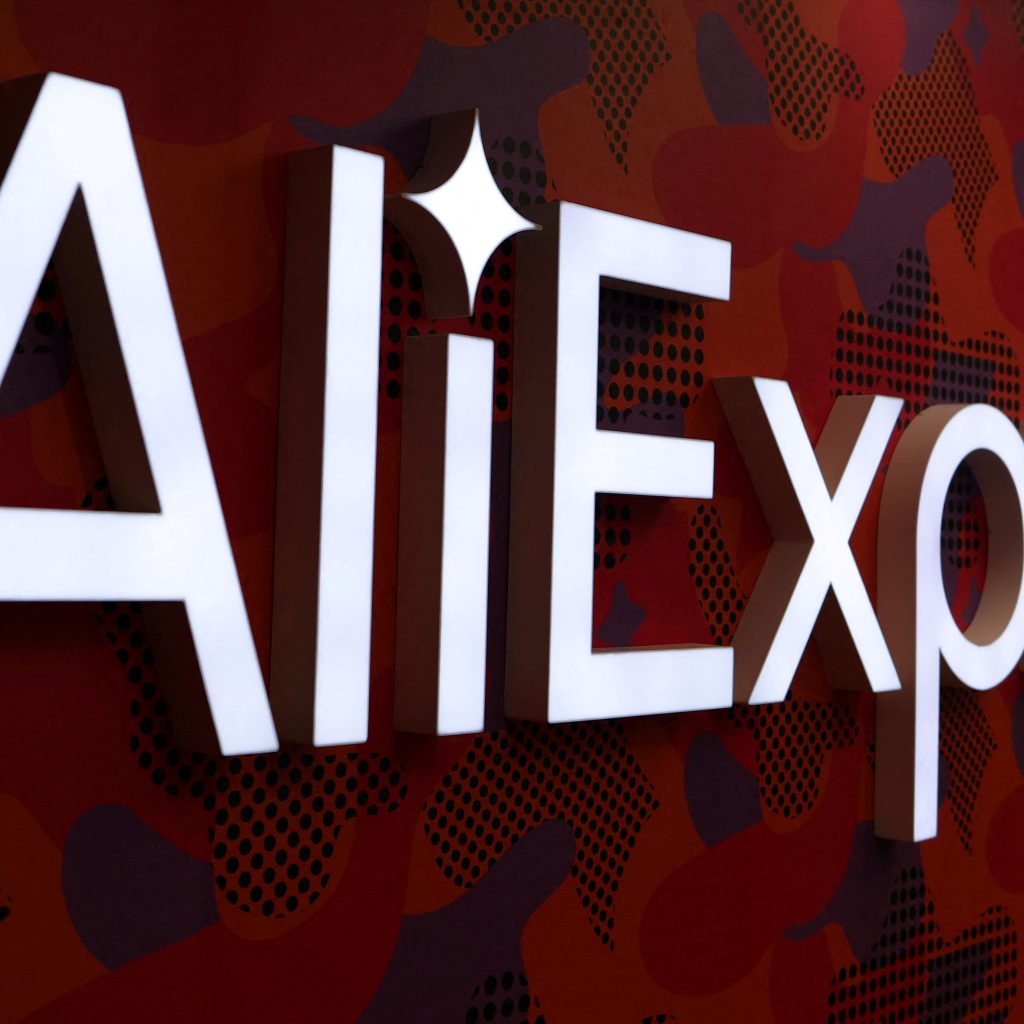Popular AI-powered chatbot ChatGPT risks losing its dataset as lawyers for New York Times are contemplating suing the maker OpenAI due to copyright infringement.
The newspaper alleges that OpenAI unauthorizedly used articles from its website to train ChatGPT without compensation, which constitutes a breach of copyright, according to a report on Wednesday.
NY Times Mulls Taking ChatGPT Maker to Court
Over the past weeks, OpenAI has been negotiating with NY Times for a licensing deal and compensation. However, the discussions seem not to be making progress, as lawyers for the publication are considering pursuing legal actions against the tech company, said people familiar with the matter.
Per reports, federal law allows for infringing materials to be destroyed at the end of the court case, meaning the court could force OpenAI to destroy ChatGPT’s dataset containing articles and content extracted from the New York Times or even a hefty fine once found guilty of copyright infringement.
The development isn’t the first time OpenAI has been accused of infringing copyright. In June, a group of people represented by New York-based Clarkson Law Firm filed a lawsuit against the tech company, claiming it scraped over 300 billion words from websites, books, and other publications on the internet to train its artificial intelligence models.
The plaintiffs argued that OpenAI violated the copyrights and privacy of countless people and sought $3 billion in potential damages, Bloomberg reported.
A potential lawsuit from the mainstream newspaper NY Times could worsen the matter for OpenAI and would likely clear the path for other media outlets affected to take similar actions against OpenAI and other artificial intelligence large language models infringing copyright.
In April, Microsoft faced a lawsuit threat by Elon Musk, who accused the tech giant of illegally using data from Twitter (now X) to train its artificial intelligence model. The threat was issued in response to reports that Microsoft intends to drop Twitter from its advertising platform.
Copyright Law: The Sword Hanging Over AI Companies
According to Daniel Gervais, the co-director of the intellectual property program at Vanderbilt University, the issue of copyright infringement is one problem every AI company will have to deal with. This is because the majority of these large language models, like ChatGPT, feed data to improve.
“If you’re copying millions of works, you can see how that becomes a number that becomes potentially fatal for a company. […] Copyright law is a sword that’s going to hang over the heads of AI companies for several years unless they figure out how to negotiate a solution,” said Gervais.
Behind the lawsuit threats, OpenAI on Wednesday diversified into the gaming sector with the acquisition of Global Illumination, a New York-based game studio. The move would potentially define the intersection of gaming and artificial intelligence, Cryptopolitan reported.





